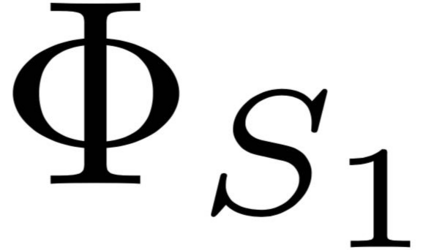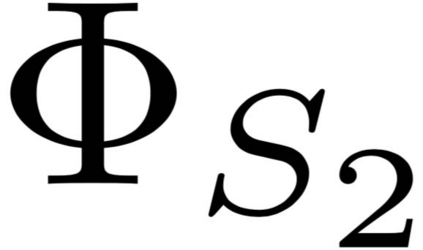Meta-learning has been proposed as a framework to address the challenging few-shot learning setting. The key idea is to leverage a large number of similar few-shot tasks in order to learn how to adapt a base-learner to a new task for which only a few labeled samples are available. As deep neural networks (DNNs) tend to overfit using a few samples only, meta-learning typically uses shallow neural networks (SNNs), thus limiting its effectiveness. In this paper we propose a novel few-shot learning method called meta-transfer learning (MTL) which learns to adapt a deep NN for few shot learning tasks. Specifically, "meta" refers to training multiple tasks, and "transfer" is achieved by learning scaling and shifting functions of DNN weights for each task. In addition, we introduce the hard task (HT) meta-batch scheme as an effective learning curriculum for MTL. We conduct experiments using (5-class, 1-shot) and (5-class, 5-shot) recognition tasks on two challenging few-shot learning benchmarks: miniImageNet and Fewshot-CIFAR100. Extensive comparisons to related works validate that our meta-transfer learning approach trained with the proposed HT meta-batch scheme achieves top performance. An ablation study also shows that both components contribute to fast convergence and high accuracy.
翻译:提议采用元学习作为解决具有挑战性的微小学习环境的框架。关键的想法是利用大量类似的微小任务来学习如何调整一个基础激光器以适应一项只有少数标签样本的新任务。由于深神经网络(DNN)往往仅使用少数样本而过度适用,因此元学习通常使用浅神经网络,从而限制其有效性。我们在本文件中提议了一种叫作“元转移学习”的新颖的微小学习方法,它学会如何调整一个深度的NNN,以适应一些短小的学习任务。具体地说,“Meta”是指培训多项任务,而“转让”是通过每个任务的学习规模和转移DNN的权重实现的。此外,我们引入了硬任务(HT)元组合计划,作为MTL的有效学习课程。我们使用5级、1分和5级、5分、5分)的实验,在两个具有挑战性的微小学习基准方面进行表彰:MinimageNet和微小的CIFAR100。“转让”是通过为每个任务学习而进行大规模对比,这是我们经过培训的与业绩有关的高水平研究。











